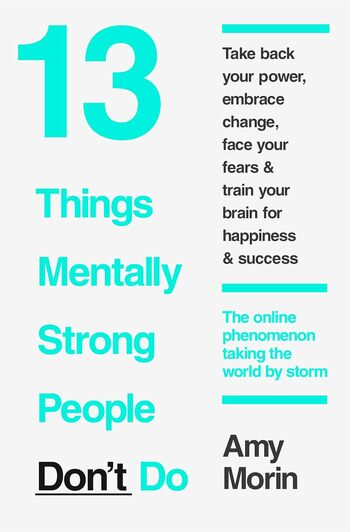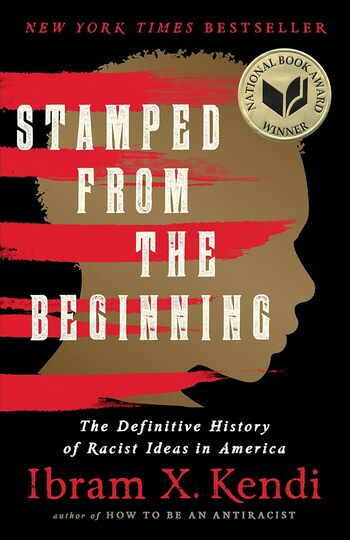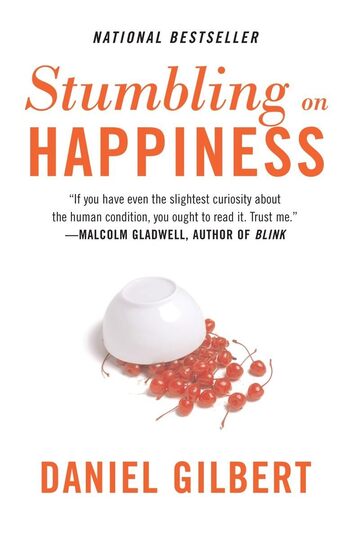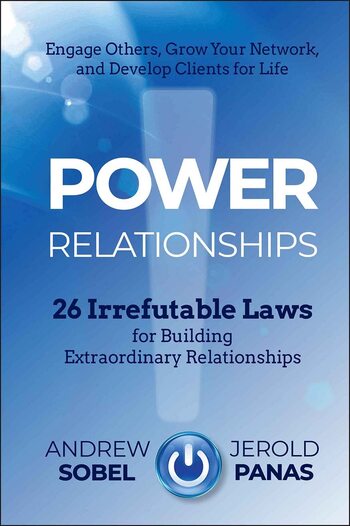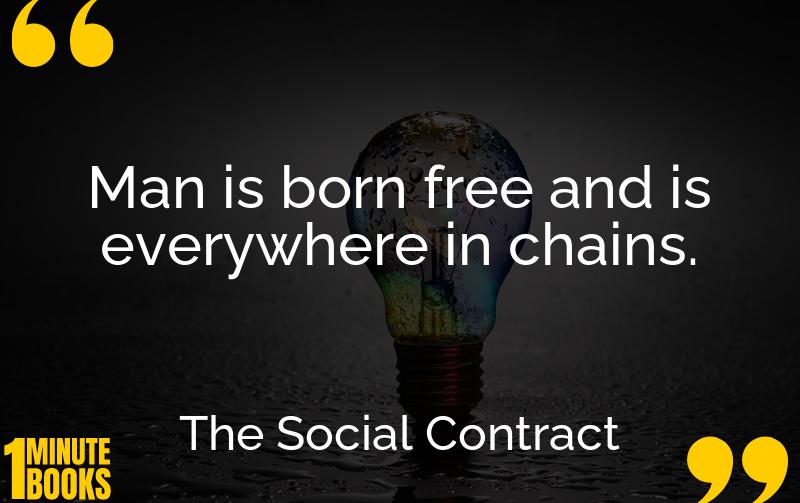
Rousseau’s The Social Contract explores the establishment of society through a collective agreement, the ‘general will,’ emphasizing equality, civil liberty, and direct democracy over individual self-interest.
Main Lessons
- The social contract is a foundational agreement among individuals forming a society.
- Civil liberty is achieved by aligning personal interests with the collective ‘general will.’
- Direct democracy and small states ensure active participation and equality among citizens.
- Rousseau criticizes the hierarchical structures of authority and power that lack inherent legitimacy.
- The concept of ‘general will’ places community interests above individual desires.
- True freedom is obtained by participating in community decision-making processes.
- The idea of a metaphysical community where all rights are surrendered to the collective benefits everyone equally.
- Societies should focus on equality of citizenship, not property, to prevent corrosive self-comparison.
- Rousseau advocates for an equal community where personal gain does not come at the expense of others.
- Rousseau’s philosophies contributed significantly to Enlightenment thinking and the French Revolution.
- He critiques the false pretenses and superficiality in modern societal relationships.
- The social contract is rooted in the basic human impulses of self-preservation and pity.
- Rousseau’s ideas challenge the natural authority of rulers, promoting democracy over monarchy.
- Freedom includes being forced to comply with the general will if it aligns with rational community interests.
- Community protection of individual rights ensures moral alignment with the collective good.
